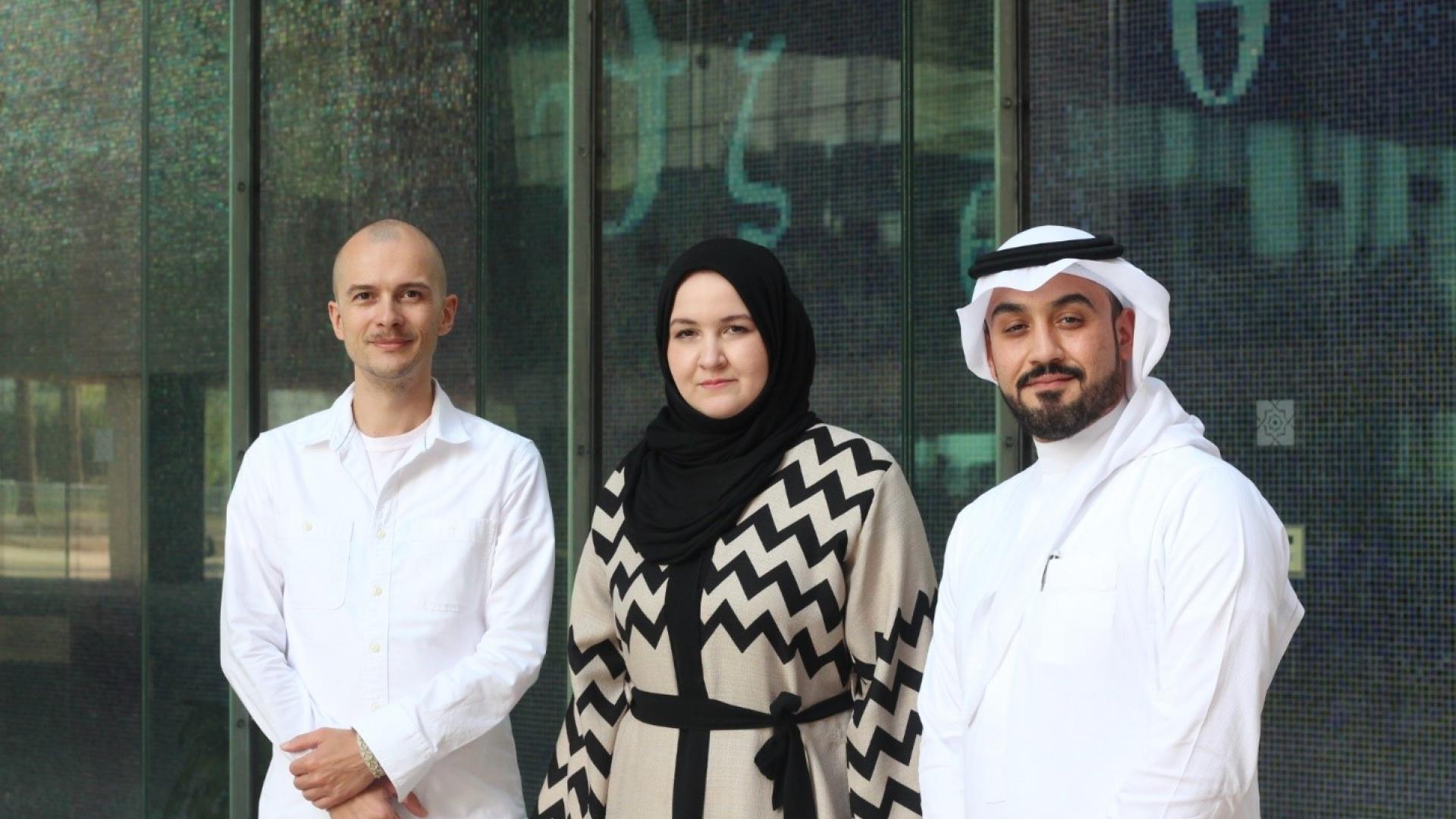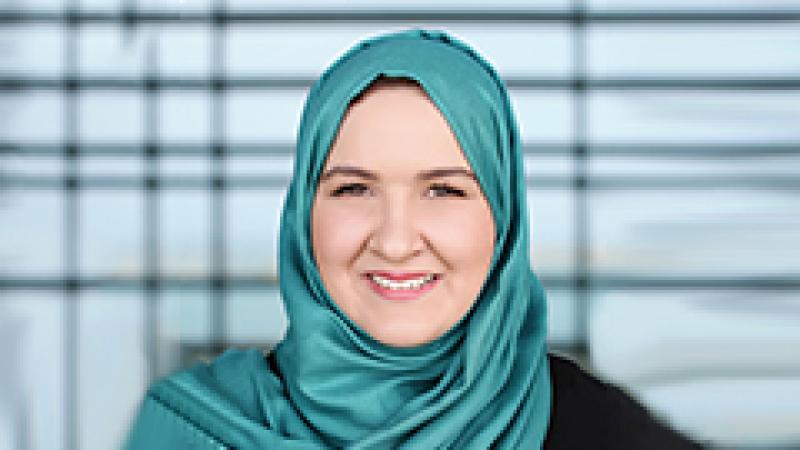-By Rose Gregorio
It is estimated that each year, around eight million children worldwide are born with a serious genetic condition that is either life-threatening or debilitating. These disorders are caused by underlying mutations affecting the genetic makeup contained in our cells, and according to experts, half of the variations responsible for these diseases are still unknown. Because of the lack of information on these disorders, physicians are often unable to pinpoint the exact molecular cause of the disease or opt for the most appropriate treatment.
The need for better diagnostic tools have led Ph.D. student Imene Boudellioua, from the Bio-Ontology Research Group of the Computational Bioscience Research Center of KAUST, together with Dr. Adeeb Noor, IT Director of King Abdulaziz University Hospital and, Professor of Computer Science at King Abdulaziz University, to establish the startup GenomeFit, a computational tool intended to facilitate clinical decisions by providing diagnostic for the screening of genetic disorders and the analysis of drug effects on patients carrying genetic mutations. The startup was recently granted funding by TAQADAM University Startup Accelerator (KAUST) to further develop their service and their business model.
“GenomeFit is able to accurately identify the mutations that most likely are responsible for the development of a disease by matching the analysis of the patient’s genome or better, a small part of it called exome, with the visible symptoms of the disorder,” student Imene Boudellioua explained “In addition, the tool is also capable of identifying potential drug response.”
An example of the latter case is patients who have genetic mutations which have not develop into a disease but make them unresponsive or negatively affected by commonly-prescribed drugs. Medical literature reports a large number of cases where adverse reactions to certain medications have led patients to death or severe impairment. By using GenomeFit as a preventive diagnostic tool, physicians will be able to have a better understanding of the genetic causes of the pathological conditions and select medications that better interact with the patient genetic makeup.
“My drive has always been the empathy toward human conditions,” Imene Boudellioua said “Having a disease that no drugs can cure can be a very solitary place to be. GenomeFit’s goal is to give voice to those rare diseases that are often neglected. I also hope that GenomeFit will help move medicine toward a tailor-made approach and that the startup can become a staple diagnostic developer for clinics and hospitals all around Saudi Arabia and the Middle East.” Boudellioua concluded.

